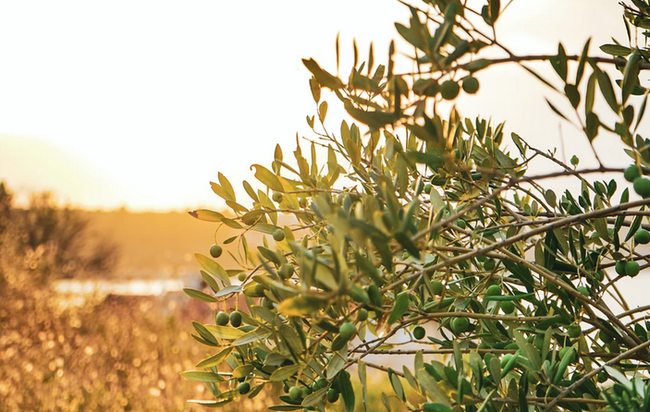I write these words in the aftermath of the U.S. elections, as we await the “transfer of power” from one administration to the next. The fact that the customary concession of the losing candidate has been absent from this year’s process has caused a sudden awakening to a startling reality: the transition of power – and the nature of that power to begin with – relies upon the collective imagination. Power flows from adherence to a set of customs that we have previously taken for granted. When those customs are flouted, we can’t help but question how we ever really knew where that power comes from and where it resides.
With this backdrop, it is natural to ask ourselves: what is the source and nature of our power as leaders in the North American Jewish community and in Israel’s public sector?
The prophet Zecharia provides our tradition’s most well-known maxim about power, in a section we will read in just a couple of weeks as the Haftarah during Chanukah:
The angel who talked with me came back and woke me as a man is wakened from sleep. He said to me, “What do you see?” And I answered, “I see a lampstand all of gold, with a bowl above it. The lamps on it are seven in number, and the lamps above it have seven pipes; and by it are two olive trees, one on the right of the bowl and one on its left.” I, in turn, asked the angel who talked with me, “What do those things mean, my lord?” “Do you not know what those things mean?” asked the angel who talked with me; and I said, “No, my lord.” Then he explained to me as follows: “This is the word of the LORD to Zerubbabel: Not by might, nor by power, but by My spirit—said the LORD of Hosts. Whoever you are, O great mountain in the path of Zerubbabel, turn into level ground! For he shall produce that excellent stone; it shall be greeted with shouts of ‘Beautiful! Beautiful!’” [Zecharia 4:1-7].
God tells the prophet, in essence: I may possess the ability to create and destroy, to overturn the laws of nature and overwhelm the world with sheer force. But it is not military might (chayil) or brute strength (koach) that will ultimately influence humanity. It is the symbols and images from Zecharia’s prophecy, and what they symbolize, that hold the clues. The lamps of the menorah and the olive trees point us toward a more subtle, profound and true source of God’s power, made manifest through us.
Our leadership roles present us with a set of choices about how to conceive of and wield our power. Some of us have the power of the purse – raising, allocating or donating significant funding to advance the missions of our organizations. Others have the responsibility to hire and fire, holding the livelihoods of our communal professionals and support staffs in the balance. Still others, by the nature of our positions, have the authority to impose our will and force our organizations and communities to follow the path that we choose for them.
But Zecharia’s prophecy reminds us: our real power comes from a deeper place than these blunt forces we can exert. The light of the menorah suggests the dawn at each new day and the light which was the first manifestation of God’s creation: infinite possibility. The wisdom of Torah and warmth and protection from the cold are two more dimensions of the evocative image of light that adorns every Jewish sacred space to this day. The olive trees that flank the menorah speak of the peace we pray for, the sturdiness of roots, and the pure olive oil which fuels the menorah’s light. These timeless and multidimensional symbols touch us in a place no coercive force can reach.
And God’s message brings it home: Not by might, nor by power, but by my spirit. It is the spirit of the Jewish people, our story and our values, that gives us a power which liberates rather than subjugates. We influence the members of our community when we effectively communicate the timeless message of Torah and the mission of the Jewish people in the world.
Our power emerges when we seek justice, welcome guests, and respect the dignity of every human being created in God’s image; when we care for the vulnerable, honor the sacred times of our Jewish calendar, and create communities that are inclusive and kind; when we sustain and protect our national homeland in Israel, create beautiful Jewish art and music, and tell the stories of our tradition that inspire and elevate us to ethical behavior. All of these actions of exercising leadership make manifest the power of the menorah and the olive trees: they bring the Jewish story to life and remind our followers why this ancient tradition commands their loyalty and devotion.
It is that spirit that can, as the prophet envisions, move mountains. When we embrace the truest and most sublime dimensions of our power as leaders of Jewish communities and of Israel, the dimension of the spirit and the story, then we can say of our leadership: “Beautiful! Beautiful!.”

Get To Know The Author
WGF Alum Rabbi Jay Henry Moses (Class 5) is the Vice President of The Wexner Foundation.

